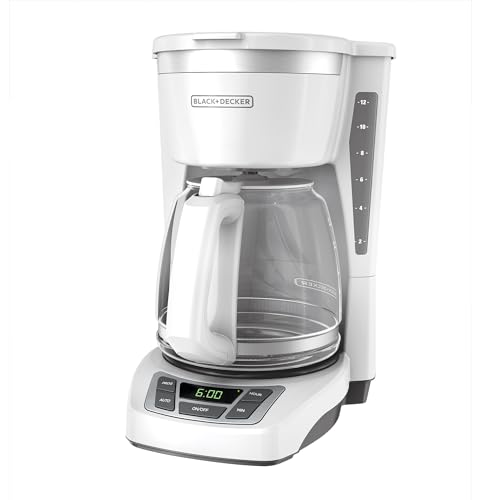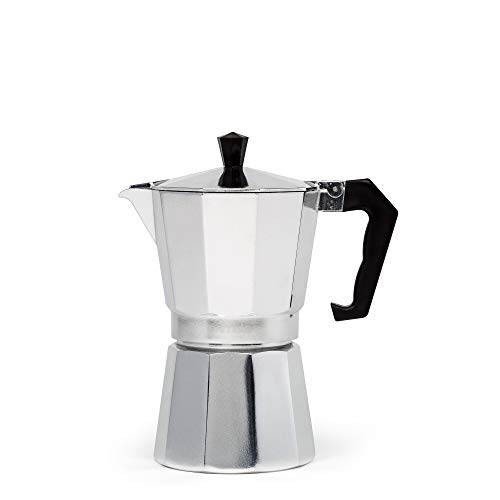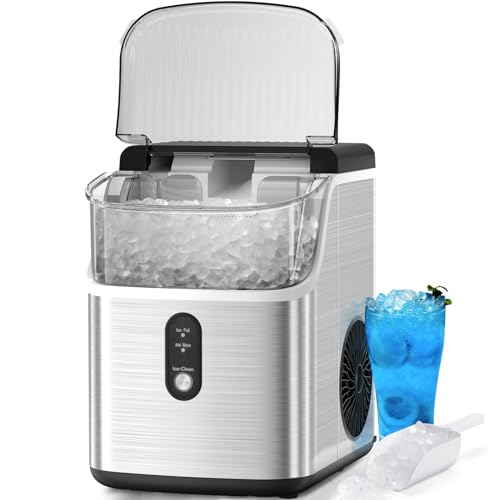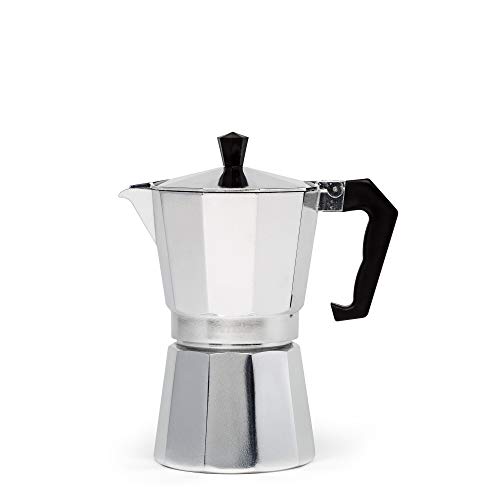“How To Clean Faucet” – A clean faucet not only enhances the aesthetic appeal of your bathroom or kitchen but also ensures the longevity of the fixture. However, with regular usage, faucets often accumulate dirt, grime, mineral deposits, and limescale, which can tarnish the shine and impair functionality.
Cleaning a faucet might seem like a mundane task, yet it is an integral part of home maintenance. A timely and proper cleaning regimen can ensure that your faucet remains in perfect working condition and maintains its gleaming appearance.
In the following sections, we will walk you through a comprehensive guide on cleaning faucets using common household items. Whether you are dealing with hard water stains, rust, or simply want to spruce up your faucet, this guide has got you covered. Stay tuned to discover practical tips and techniques that will leave your faucet sparkling clean.
How To Clean Faucet
Before we delve into the cleaning methods, it’s essential to understand that the method to clean a faucet generally depends on the material it’s made from. Faucets can be composed of various materials like stainless steel, brass, or nickel, and each requires unique care to prevent damage.
The first and most straightforward approach to cleaning a faucet is using warm soapy water. This method generally works for all types of faucets. Warm water can effectively break down grime and soap scum, while a gentle dish soap can help lift and remove the dirt.
Take a cloth or sponge, dampen it in the soapy water, and gently rub over the faucet. For stubborn spots, you may need to spend a little more time scrubbing. Once you’re done, rinse the faucet with clean water and pat dry with a soft cloth to avoid water spots from forming.
Baking soda is another household item that can work wonders in cleaning a faucet. Combine equal parts of baking soda and water to make a paste. Apply this paste on the faucet, let it sit for 15-20 minutes, and then scrub with a soft brush or sponge. Rinse and dry as mentioned earlier.
For faucets with hard water stains, a solution of equal parts white vinegar and water may be the answer. The acidic nature of vinegar helps dissolve the mineral deposits. Spray the solution on the faucet, let it sit for a few minutes, and then scrub and rinse.
Remember, not all faucet materials may react well to vinegar, so it’s recommended to test a small area first. If you notice any negative reaction, refrain from using vinegar and try other methods. With these techniques, maintaining a clean and shiny faucet should be a breeze.
FAQs
In conclusion, maintaining a clean faucet is an accessible task with the right knowledge and tools. Whether it’s a stainless-steel faucet with stubborn hard water stains or a brass one with grime and soap scum, a little ingenuity and elbow grease can ensure its longevity and beauty.
Can I use harsh chemical cleaners for cleaning my faucet?
While harsh chemical cleaners can effectively remove dirt and grime, they can be detrimental to the faucet’s finish and integrity. Long-term exposure to potent chemicals can lead to discoloration, dullness, and damage to the faucet’s surface. Instead, opt for milder, eco-friendly cleaning solutions like soapy water, vinegar, or baking soda.
How often should I clean my faucet?
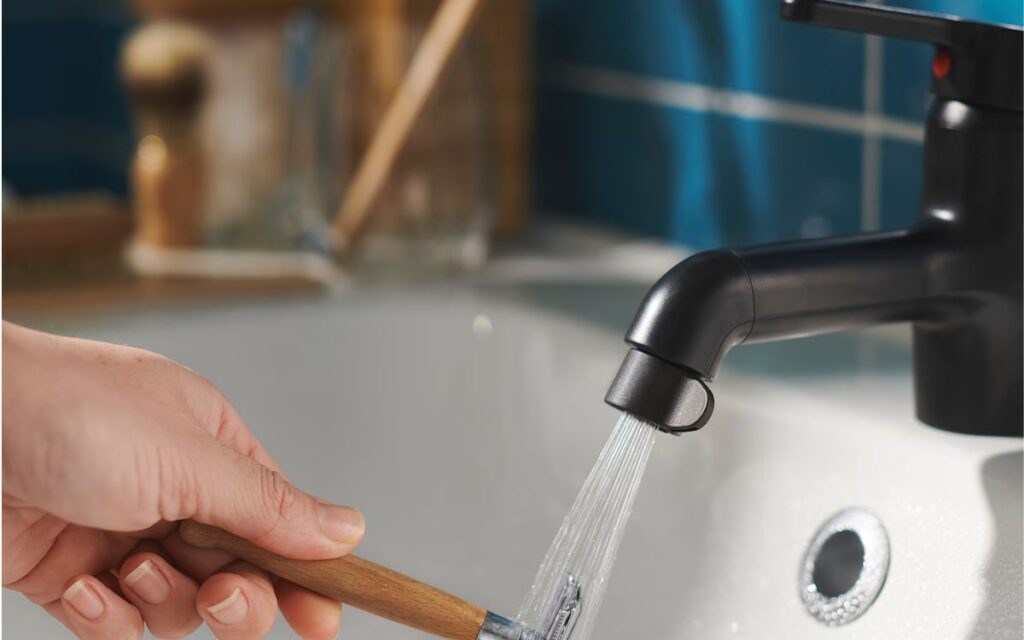
The frequency of faucet cleaning depends on the quality of your water supply. If your water is hard, it’s advisable to clean the faucet weekly to prevent mineral build-up. However, if your water is soft, a bi-weekly or monthly cleaning should suffice. Regular cleaning minimizes the chances of heavy grime accumulation, making the task less daunting and more manageable.
What should I do if my faucet has rust?
If you notice rust on your faucet, it’s a good idea to consider using a rust remover product that is readily available in the market. These products are specifically designed to tackle rust and can help restore the appearance of your faucet. However, it’s important to exercise caution and carefully follow the instructions provided with the product to avoid inadvertently damaging the faucet material.
Alternatively, you can try using a homemade solution by creating a paste of baking soda and water. Apply the paste to the affected area and gently scrub the rust using a toothbrush. This method can be effective for mild cases of rust.
However, if you find that the rust is severe and persists even after attempting these remedies, it may be a sign that it’s time to consider replacing the faucet.
Can I use lemon juice instead of vinegar for hard water stains?
Yes, you can use lemon juice as an alternative to vinegar for removing hard water stains. The citric acid in lemon juice acts as a natural chelating agent, which means it can bind to minerals and help dissolve them more effectively. This can be particularly useful when dealing with stubborn hard water stains that can be tough to remove.
To use lemon juice for this purpose, simply squeeze some fresh lemon juice onto the affected area and allow it to sit for a few minutes. This will give the citric acid enough time to work its magic and start breaking down the minerals causing the stains. After a few minutes, use a scrub brush or sponge to gently scrub the area, making sure to cover all the stained spots. Finally, rinse the area with clean water to remove any residue left behind by the lemon juice.
One important thing to keep in mind is that lemon juice, like vinegar, is acidic, so it’s always a good idea to test it on a small, inconspicuous area first to make sure it doesn’t cause any damage or discoloration. Additionally, after using lemon juice to remove hard water stains, it’s important to dry the faucet thoroughly to prevent any water spots from forming.
So next time you’re dealing with hard water stains and don’t have vinegar on hand, reach for a lemon instead and let its natural citric acid help you tackle those stubborn stains with ease!
Does cleaning my faucet regularly extend its lifespan?
Absolutely. Regular cleaning not only keeps your faucet looking great but also significantly extends its lifespan. Dirt, grime, and mineral deposits can impair the functionality of your faucet. Regular cleaning prevents such build-up, ensuring the smooth operation and longevity of the fixture.
Final Thought
Maintaining a clean faucet not only enhances the aesthetics of your kitchen or bathroom but also prevents the build-up of bacteria and mold, promoting a healthier environment. Regular cleaning also ensures that your faucet operates efficiently, saving you potential repair or replacement costs down the line.
There are plenty of natural cleaning solutions available in your home, like vinegar, lemon juice, and baking soda, that can help maintain the pristine condition of your faucet. These environmentally-friendly options are safer to use, keeping harsh chemicals away from your household and reducing your carbon footprint.
It’s important to remember that the faucet material can influence the cleaning method. Always ensure to test any cleaning solution on a small, inconspicuous area first to avoid any potential damage. Gentle, regular cleaning is often more beneficial than sporadic, intense scrubbing.
In conclusion, taking care of your faucet doesn’t have to be a daunting task. With a few simple steps, you can extend the life of your faucet, reduce potential health risks, and keep your bathroom or kitchen looking immaculate. Who says cleaning can’t be easy, effective, and eco-friendly?

